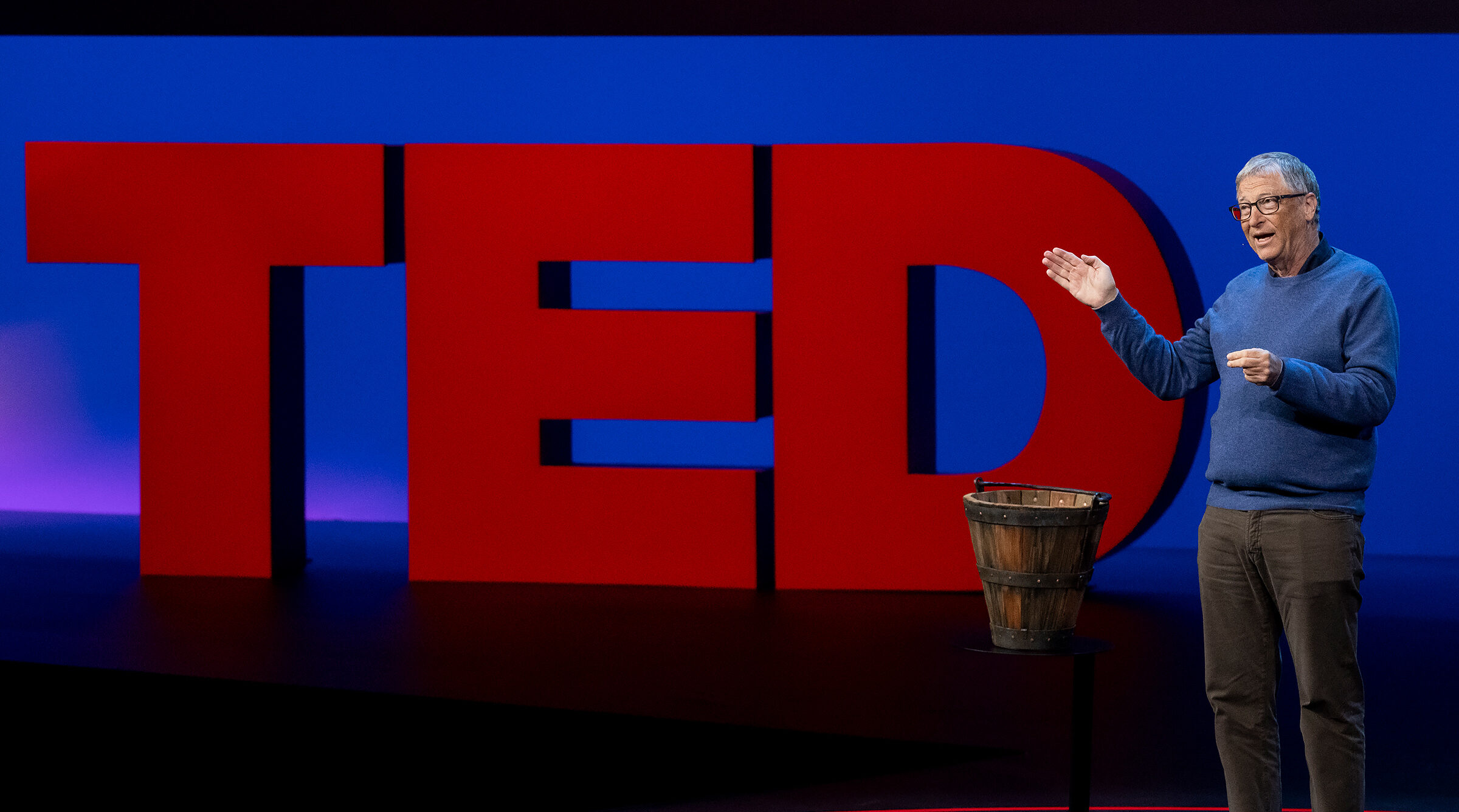The Technology, Entertainment, Design (TED) organisation, once a pioneering platform for sharing revolutionary ideas during the late 2000s and early 2010s, has receded from public conversation in recent years. Yet the resignations this week of six TED fellows over the selection of billionaire Bill Ackman as a speaker at the upcoming TED conference in Vancouver signals a deeper malaise at the organisation.
This incident is not just about the selection of a controversial figure: it highlights a fundamental shift in the ethos of TED, which seems to have moved away from being an ostensibly neutral platform for major innovative ideas to one that churns out content. More TED Talks are being filmed and posted than ever before, and people are still shelling out thousands of dollars for seats at the conferences. Not surprisingly, it also serves as a marketing hub for certain privileged products. Three of the most-watched TED Talks in 2023 were about the “transformative” power of generative AI — great if that’s what you’re selling.
To be fair, there was a time when the organisation genuinely served as a beacon for innovative thinking and intellectual excitement. These were the years when TED was trying to live up to its motto of “ideas worth spreading”, with speakers ranging from Nobel laureates to inventors of life-changing technology. The TED stage was graced by luminaries such as Sir Ken Robinson, whose speech on how schools kill creativity remains one of the most viewed Talks of all time, profoundly influencing thoughts on education reform. Jill Bolte Taylor’s powerful narrative of her stroke and its aftermath offered a unique window into the human brain, captivating audiences worldwide.
However, signs of the impending shift were already emerging. As the platform grew in popularity, it became increasingly attractive for individuals and corporations seeking a prestigious stage to promote their brands or ideas, often without the vetting or depth that characterised the earlier Talks. While TED does not charge speakers to give their presentations, the costs associated with attending the conferences can be substantial, and there have been instances of linked events, like TEDx (independently organised TED events), during which controversies have arisen over pay-to-play schemes.
Once hailed as a source of inspiration, TED Talks are increasingly viewed as platforms for self-aggrandising presentations that often lack detail and rigour. After all, memorable speakers such as Theranos fraudster Elizabeth Holmes used the medium to pioneer a certain type of polished 20-minute pitch, light on content and big on unverified claims, now ubiquitous across corporate keynotes. Even interesting Talks from the platform’s heyday, such as Elon Musk’s conversation about tunnel-building in 2017, have borne little fruit regarding the products pitched or work completed.
Perhaps the most damning critique of TED’s current state came from the satirical approach of comedian Sam Hyde in his “2070 Paradigm Shift” TEDx Talk”. Hyde’s parody — filled with absurd and nonsensical predictions (“Due to the massive birth increase, we’re gonna have a shortage of milk…[so] we’re gonna have to genetically modify all humans, male and female, to lactate once a month”) — was a direct jab at the over-optimistic and sometimes baseless nature of many TED Talks. Performed nearly a decade ago, the spoof immediately resonated with an audience already fed up with a stale format, realising how few of the ideas it platformed were genuinely worth spreading.
TED’s current benighted state, marred by controversy and a perceived departure from its core values, suggests a need for introspection and even a renaissance of its original spirit. Only by returning to its early-1980s roots of fostering genuinely transformative discussions, free from the trappings of commercial and political biases, can TED hope to regain its status as a true incubator of ideas worth spreading. Until then, neither Bill Ackman nor anyone else is going to say anything remotely interesting, much less dangerous, on a TED stage.











Join the discussion
Join like minded readers that support our journalism by becoming a paid subscriber
To join the discussion in the comments, become a paid subscriber.
Join like minded readers that support our journalism, read unlimited articles and enjoy other subscriber-only benefits.
Subscribe